Today I can’t help but recall the promise Isaiah issues on the Lord’s behalf:
On this mountain the Lord of hosts will make for all peoples
a feast of rich food, a feast of well-matured wines,
of rich food filled with marrow, of well-matured wines strained clear.
What a feast Soul Feast has been! Perhaps Thompson should edit her chapter 9 (on hospitality) to include the particular form of hospitality that is inviting disciples to a Soul Feast. Thompson has been our gracious host for these last nine weeks.
Thompson invited us to a well-set table and she has offered us all kinds of delectable treats at her table: Study, Prayer, Worship, Sabbath, Fast, Examination and Hospitality. In her presentation she has made nourishing food enticing – everything’s been tasty, and so good for us, too. A Soul Feast, indeed! It’s been the kind of feast that seems to double down on God’s promise of the ultimate feast that is God’s kingdom come.
>Pause to consider: Think back over the seven practices we’ve explored these last few weeks. Which ones were new for you? Which ones did you find tantalizing? Which ones made you want to scrunch up your nose and refuse?
On this mountain the Lord of hosts will make for all peoples
a feast of rich food, a feast of well-matured wines,
of rich food filled with marrow, of well-matured wines strained clear.
What a feast Soul Feast has been! Perhaps Thompson should edit her chapter 9 (on hospitality) to include the particular form of hospitality that is inviting disciples to a Soul Feast. Thompson has been our gracious host for these last nine weeks.
Thompson invited us to a well-set table and she has offered us all kinds of delectable treats at her table: Study, Prayer, Worship, Sabbath, Fast, Examination and Hospitality. In her presentation she has made nourishing food enticing – everything’s been tasty, and so good for us, too. A Soul Feast, indeed! It’s been the kind of feast that seems to double down on God’s promise of the ultimate feast that is God’s kingdom come.
>Pause to consider: Think back over the seven practices we’ve explored these last few weeks. Which ones were new for you? Which ones did you find tantalizing? Which ones made you want to scrunch up your nose and refuse?
This last chapter is an invitation to incorporate some of these Soul Feast practices as daily bread.
Looking back over these last nine weeks I can say that I’ve rediscovered a couple of practices that nourish me. Most of all, I have rediscovered my garden. There has been a lot of hard work out there and there’s still a lot of hard work to do, but I’ve found that my garden labor has created time and space for prayer and reflection even as it has connected me to God’s creation.
Even the gardening process has been a metaphor for spiritual work. I’ve cleared out weeds, turned over soil, pruned/moved/tended existing plants and I’ve added some newcomers to my garden. Gardening has also let me do spiritual work that parallels those garden tasks.
My interior “weeds” have been subject to confession and pardon (even if they may well grow back again!). I’ve turned over texts, from the Bible, to commentaries, to books, to Thompson’s chapters. There’s been time to tend to prayer concerns from the personal to the global. And as I was out in the garden yesterday, I kept asking myself if it’s time to add another intentional spiritual practice to my routine. (Honestly, I might just keep up the gardening!)
Thompson suggests three questions for discerning whether and which spiritual practice(s) to adopt: 1) Practice-wise, what am I deeply attracted to or repelled by, and why? 2) Where do I feel God calling me to balance or stretch my spirit? 3) What practices best fit my circumstances or season of life? Her hope is to encourage us toward a commitment, but not a commitment just for the sake of having made one, but that we might find ourselves drawn “into greater intimacy with the Lover of [our] soul[s].” (p. 161)
>Pause to consider: A quote in the margin of page 161 says “Abba Poemen said about Abba Pior that every day he made a fresh beginning.” What Soul Feast of a fresh beginning might you make?
Looking back over these last nine weeks I can say that I’ve rediscovered a couple of practices that nourish me. Most of all, I have rediscovered my garden. There has been a lot of hard work out there and there’s still a lot of hard work to do, but I’ve found that my garden labor has created time and space for prayer and reflection even as it has connected me to God’s creation.
Even the gardening process has been a metaphor for spiritual work. I’ve cleared out weeds, turned over soil, pruned/moved/tended existing plants and I’ve added some newcomers to my garden. Gardening has also let me do spiritual work that parallels those garden tasks.
My interior “weeds” have been subject to confession and pardon (even if they may well grow back again!). I’ve turned over texts, from the Bible, to commentaries, to books, to Thompson’s chapters. There’s been time to tend to prayer concerns from the personal to the global. And as I was out in the garden yesterday, I kept asking myself if it’s time to add another intentional spiritual practice to my routine. (Honestly, I might just keep up the gardening!)
Thompson suggests three questions for discerning whether and which spiritual practice(s) to adopt: 1) Practice-wise, what am I deeply attracted to or repelled by, and why? 2) Where do I feel God calling me to balance or stretch my spirit? 3) What practices best fit my circumstances or season of life? Her hope is to encourage us toward a commitment, but not a commitment just for the sake of having made one, but that we might find ourselves drawn “into greater intimacy with the Lover of [our] soul[s].” (p. 161)
>Pause to consider: A quote in the margin of page 161 says “Abba Poemen said about Abba Pior that every day he made a fresh beginning.” What Soul Feast of a fresh beginning might you make?
All through this blogging experiment I’ve wondered why I’ve been including photos from my garden. I’ve wrestled with whether I was somehow trying to show off the fruits of my garden labor or whether I was simply trying to engage readers by way of the photos. Spinning back through each week’s photos, though, I realize that the garden has been the place where my own Soul Feast has been happening. I’m thinking that a weekly appointment with my garden might be the fresh beginning I need to make.
I nearly missed the Amaryllis that’s in the above photograph. Siberian Iris have grown up around the place where the Amaryllis was planted years ago and I don’t know that I’ve ever seen the bulb bloom. This year there were two flower stalks, each with two flowers! I was overwhelmed when I discovered them Sunday afternoon.
Wondering what an Amaryllis might mean, I did a bit of googling. The Breks bulb store shares the myth of Amaryllis, who is persistent and patient in pursuing the object of her deep love. After plenty of effort, Amaryllis found her love reflected back from her beloved. Pretty wild connection to this Soul Feast journey, huh?! Breks further says “Amaryllis is the living symbol of love, determination and ethereal beauty, and an ideal gift for those you love and care for.“ (https://www.brecks.com/blog/amaryllis-symbology) If only I could beam an Amaryllis onto the feast tables of all who’ve been making this journey with me!
I nearly missed the Amaryllis that’s in the above photograph. Siberian Iris have grown up around the place where the Amaryllis was planted years ago and I don’t know that I’ve ever seen the bulb bloom. This year there were two flower stalks, each with two flowers! I was overwhelmed when I discovered them Sunday afternoon.
Wondering what an Amaryllis might mean, I did a bit of googling. The Breks bulb store shares the myth of Amaryllis, who is persistent and patient in pursuing the object of her deep love. After plenty of effort, Amaryllis found her love reflected back from her beloved. Pretty wild connection to this Soul Feast journey, huh?! Breks further says “Amaryllis is the living symbol of love, determination and ethereal beauty, and an ideal gift for those you love and care for.“ (https://www.brecks.com/blog/amaryllis-symbology) If only I could beam an Amaryllis onto the feast tables of all who’ve been making this journey with me!
Brandon will pick up the NRPC blog for a while beginning next week. I’ll be interested to see in what direction he takes the project. Meanwhile, I’ll sort out a plan for when he passes the baton back to me.
Until next time,
Peace
Lisa!
Thompson, Marjorie, Soul Feast: An Invitation to the Christian Spiritual Life (New Rev edition). Westminster John Knox Press, 2014.
Until next time,
Peace
Lisa!
Thompson, Marjorie, Soul Feast: An Invitation to the Christian Spiritual Life (New Rev edition). Westminster John Knox Press, 2014.
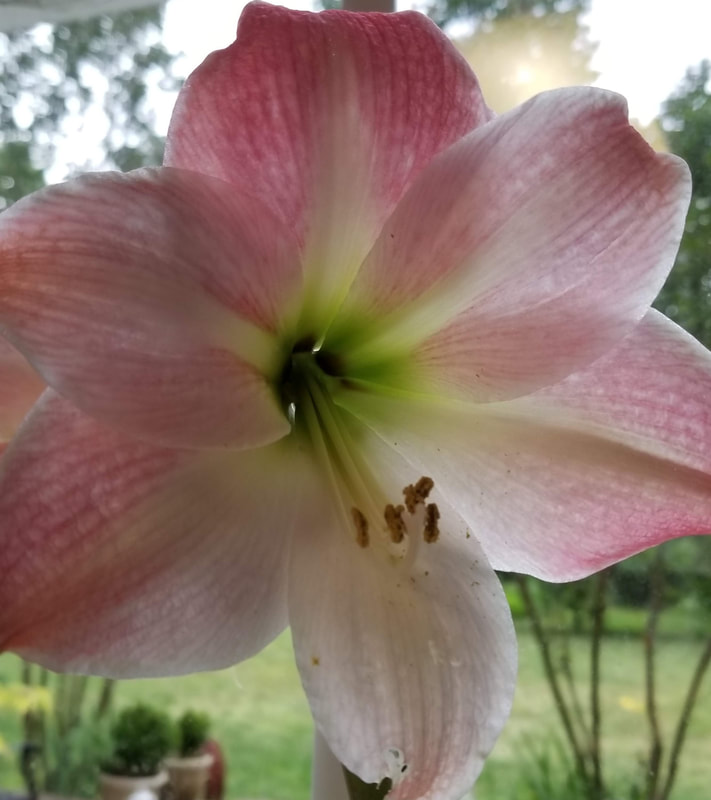
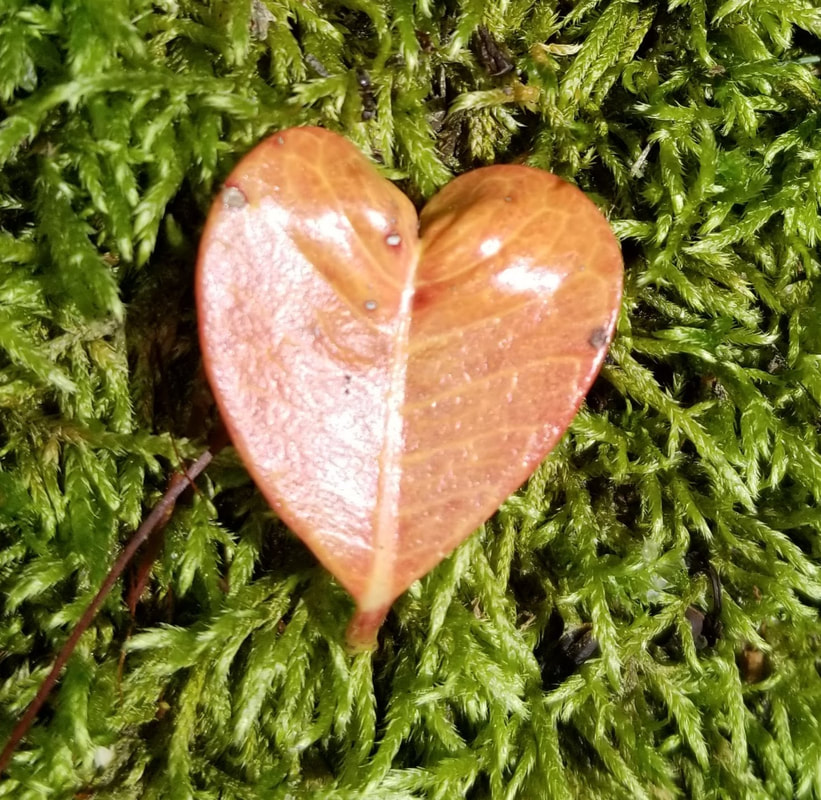
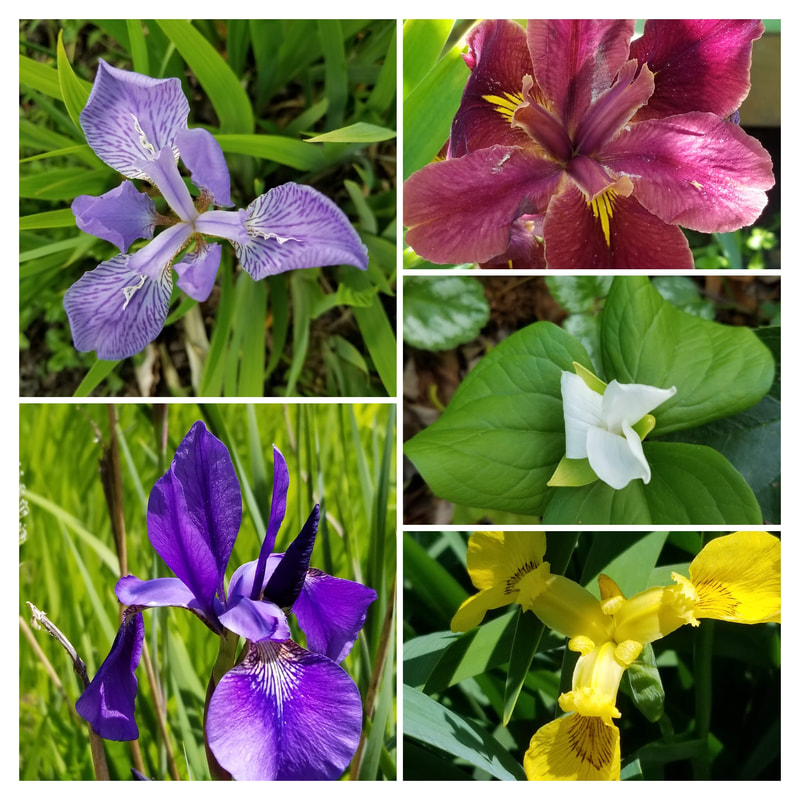
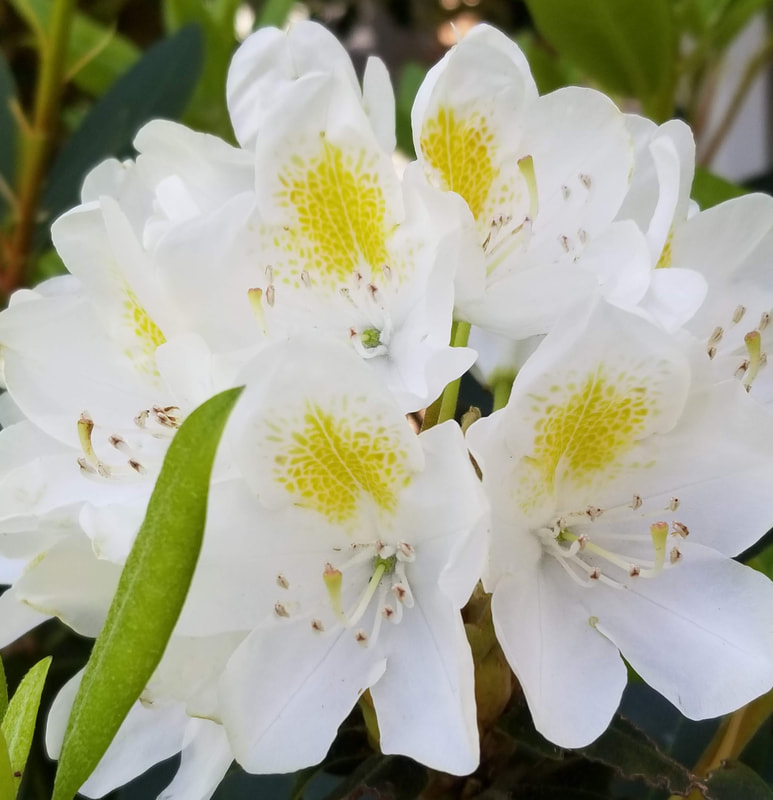
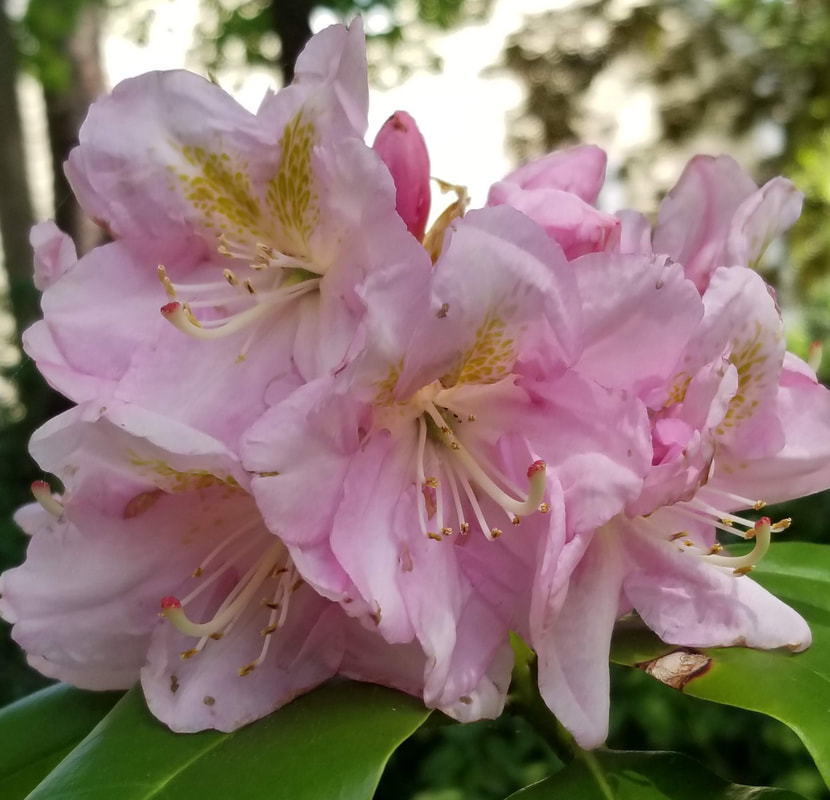
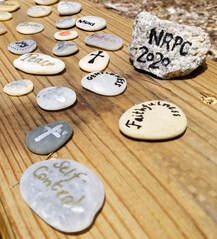
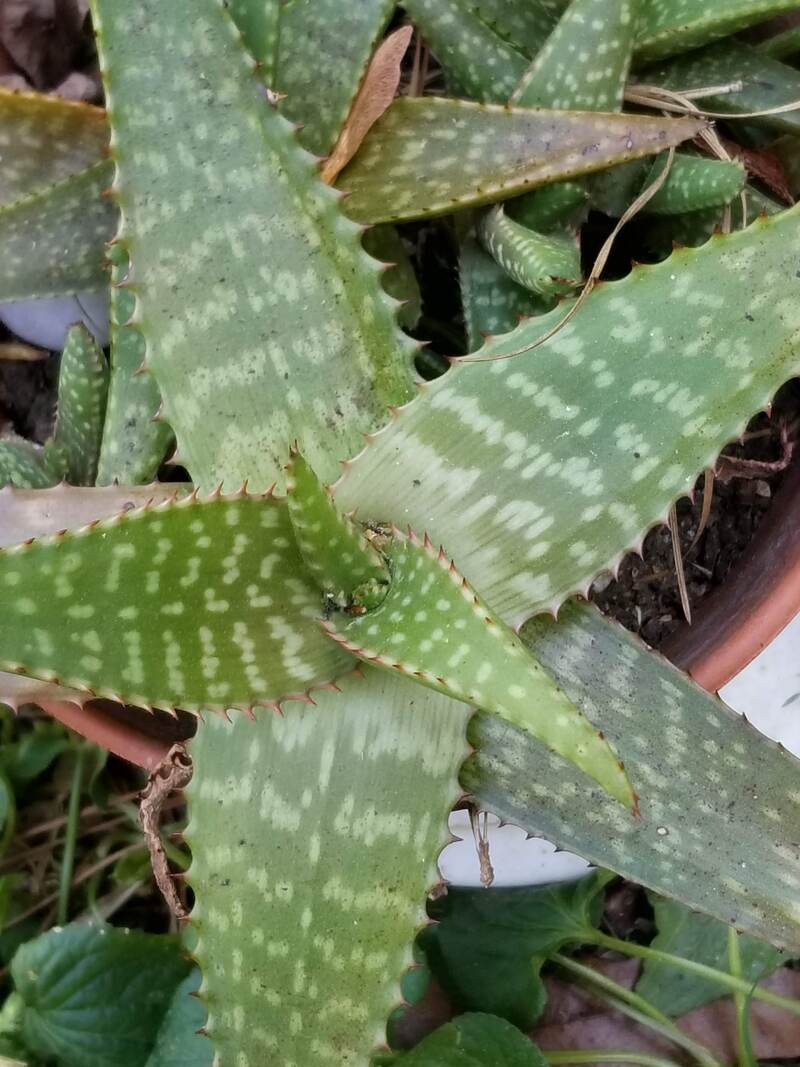
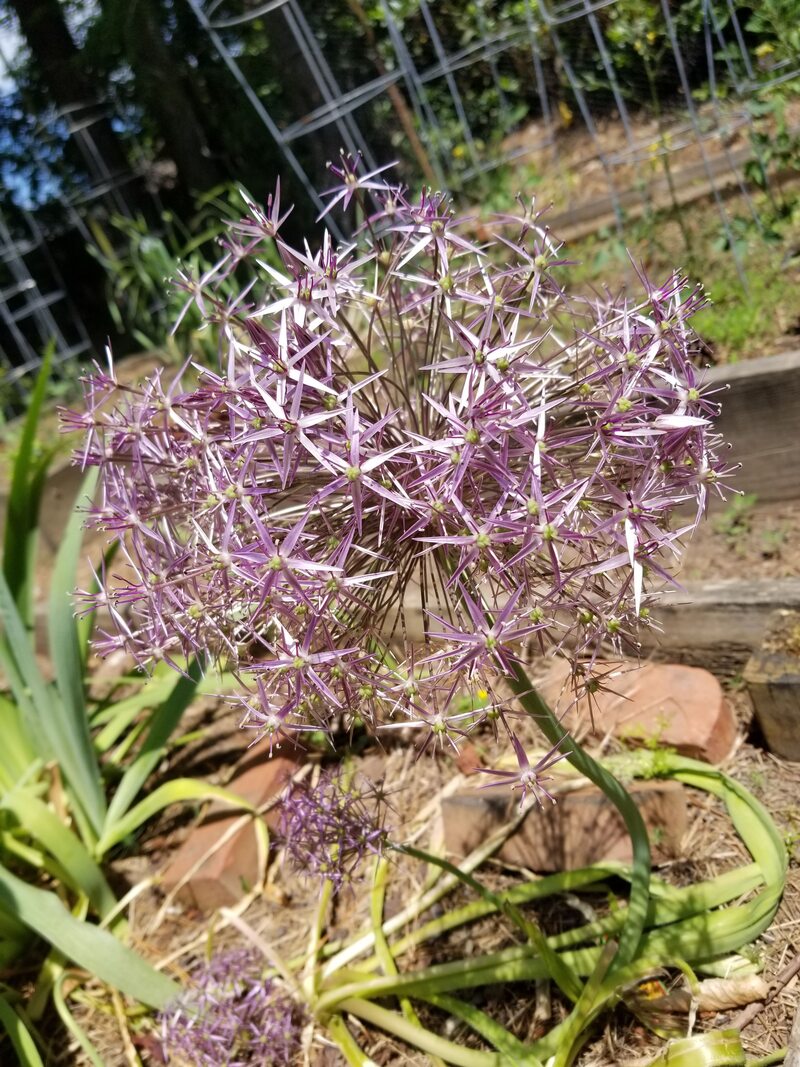
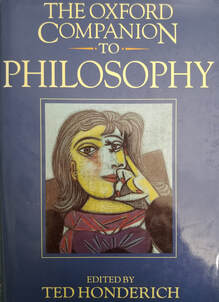
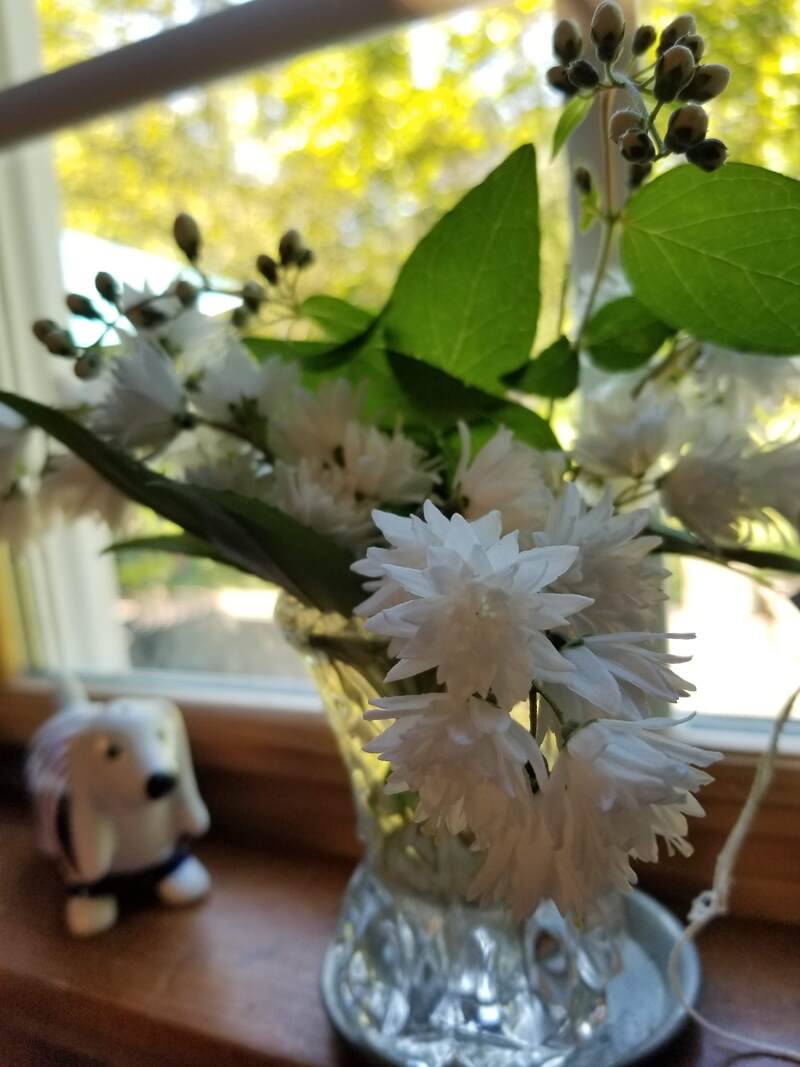
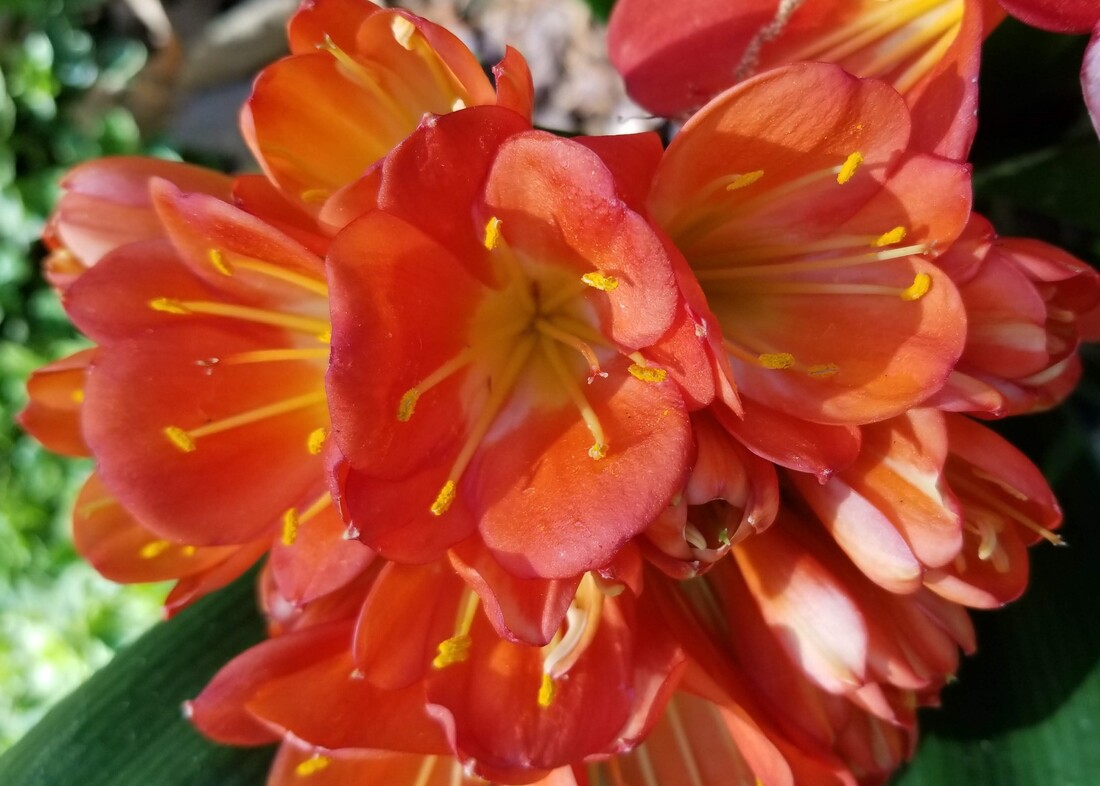
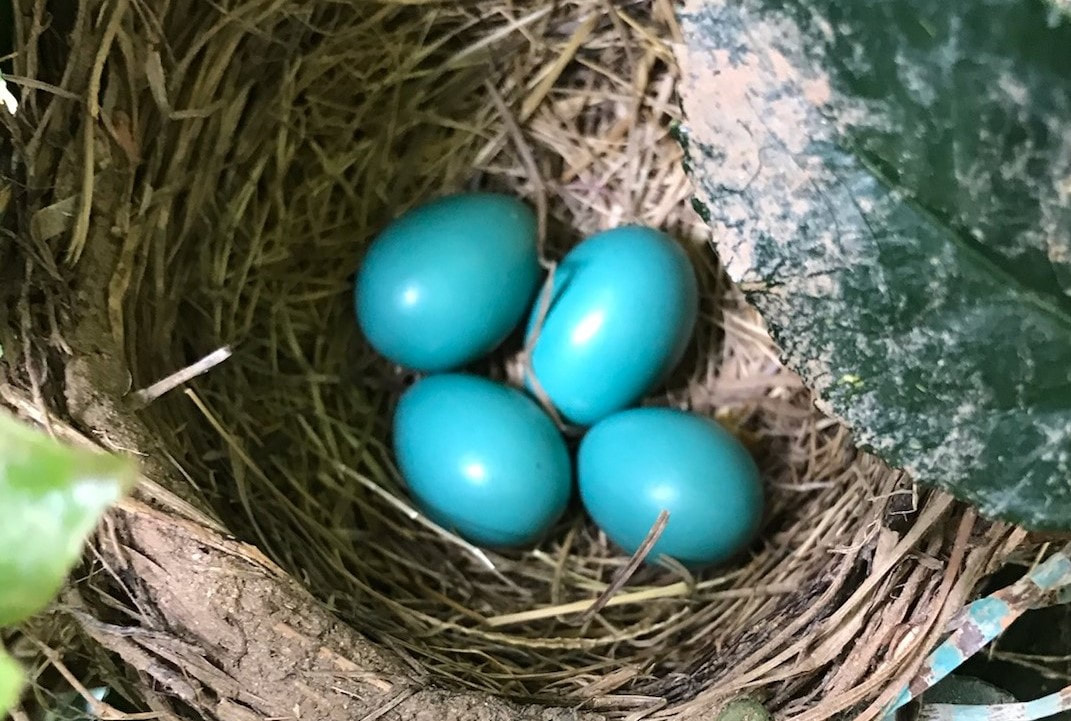
 RSS Feed
RSS Feed